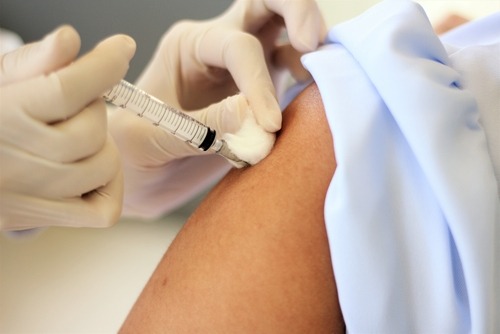
A bicameral effort from United States Rep. Rosa DeLauro (D-CT) and Sen. Edward Markey (D-MA) rebirthed the Flu Vaccine Act last week, which proposes a $1 billion investment into the National Institutes of Health (NIH) for research of a universal flu vaccine.
Such a vaccine would theoretically protect against multiple strains of the flu virus and provide longer-lasting protection than the current seasonal productions. This would be in addition to the $540 million in appropriations secured for the National Institute of Allergy and Infectious Diseases (NIAID) over the past three years to benefit universal flu vaccine research.
“With the creation of the COVID-19 vaccines, we have seen firsthand the benefits of providing scientists with the resources they need to study and create vaccines,” DeLauro said. “We must approach the universal flu vaccine with the same attention and focus. Influenza is responsible for between 12,000 and 52,000 deaths annually in the United States, up to 650,000 globally. This impact and the deadly toll are staggering, considering we have had annual vaccines for decades. The Flu Vaccine Act would fix this problem by investing in the creation of a universal flu vaccine—saving lives by taking the guesswork out of the equation.”
As House Chair of the Labor, Health and Human Services, Education Appropriations Subcommittee, DeLauro presided over more than $200 million granted to NIAID for such research just last year. For the purposes of the Flu Vaccine Act, funding would be divvied up into $200 million chunks, appropriated each year through 2026.
“It is up to the United States to not only lead the world in improving the global response to the COVID-19 pandemic but to also enhance our response to the flu,” Markey said. “We are on the brink of a flu-free future, and the Flu Vaccine Act can play an indispensable role in reaching that vision for our world.”




